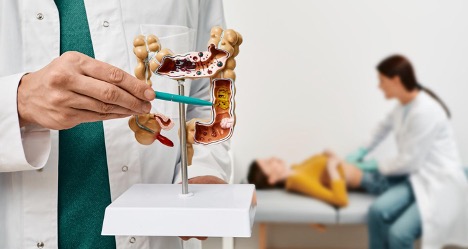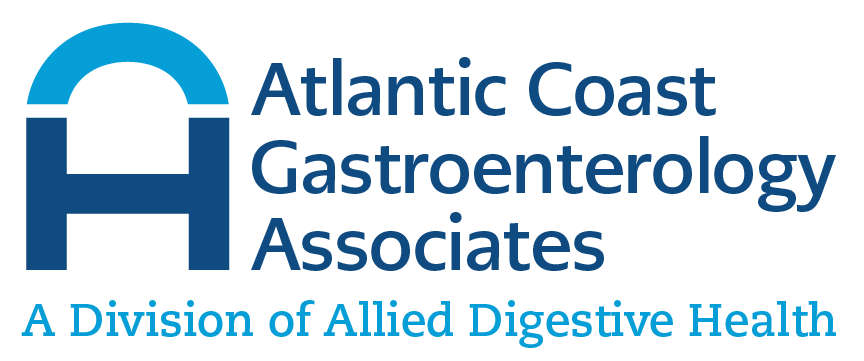Preparation for a Colonoscopy: Here’s What You Need to Know

- November 24, 2022
What You Can Expect From Colonoscopy
A colonoscopy is a screening test for colorectal cancer, polyps and other diseases that can cause health problems in your colon also known as the large intestine and rectum. Your doctor will insert a flexible tube into the colon to directly view it during the colonoscopy. Most polyps which are growths on the wall of the colon can be removed at the time of the procedure.
Preparation for a Colonoscopy
Before your scheduled colonoscopy, you’ll want to prep your colon so that your doctor can get an accurate look at what’s happening inside. Because your colon will be empty, any issues inside will be easily visible to the doctor, but you’ll need to take some steps beforehand to ensure that you can get the most out of the test and make it go as smoothly as possible. Here are some prepping tips that will help prepare you for your colonoscopy.
Dietary Adjustments
It would be best if you tried to eat a low-fiber diet several days before your scheduled colonoscopy. The day prior to the colonoscopy, you will be placed on a clear liquid diet. Any liquid you can see through is considered a clear liquid. Examples of clear liquids include white grape juice, chicken broth, tea, jello, Italian ices, sports drinks and water. You should avoid all solid foods the day prior to your colonoscopy. You will also do a prep the day prior to the colonoscopy to clean out your colon before having a colonoscope inserted into the colon. Your doctor will review the prep recommended for you along with the instructions. It is always best to check with your doctor before making any changes to a specific diet.
Medications
If you take any heart or Diabetes medications, talk to your doctor first about how to dose them prior to the colonoscopy. It’s essential to stay hydrated the day prior to your colonoscopy so don’t forget to drink water!
There are two ways to get ready for your colonoscopy: taking a pill prep or using a bowel preparation drink. Each has its pros and cons, so discussing these options with your doctor is essential. It is important to review the instructions for your prep in advance of the colonoscopy and then follow them carefully for the best prep possible.
Final Thoughts
Every member of our healthcare team is dedicated to providing patients with compassionate, state-of-the-art care. You’ll feel right at home in our friendly, comfortable facilities, where you can relax before and after your procedure. We also offer a wide range of specialty services including endoscopy (EGD), colon cancer screening with colonoscopy and advanced endoscopic procedures including Endoscopic Ultrasound and ERCP.
Get in touch with us today to schedule your appointment. Our gastroenterologists are ready to help you!
Footer
Quick Links
Locations
Brick Office
732-458-8300Brick Medical Arts Building
1640 Route 88, Suite 202
Brick, New Jersey 08724
Neptune Office
732-776-9300Jersey Shore Medical Arts Building
1944 Corlies Ave. Suite 205
Neptune, New Jersey 07753
Jackson Office
732-928-2300706 Bennetts Mills Road
Jackson, New Jersey 08527
© All Rights Reserved
